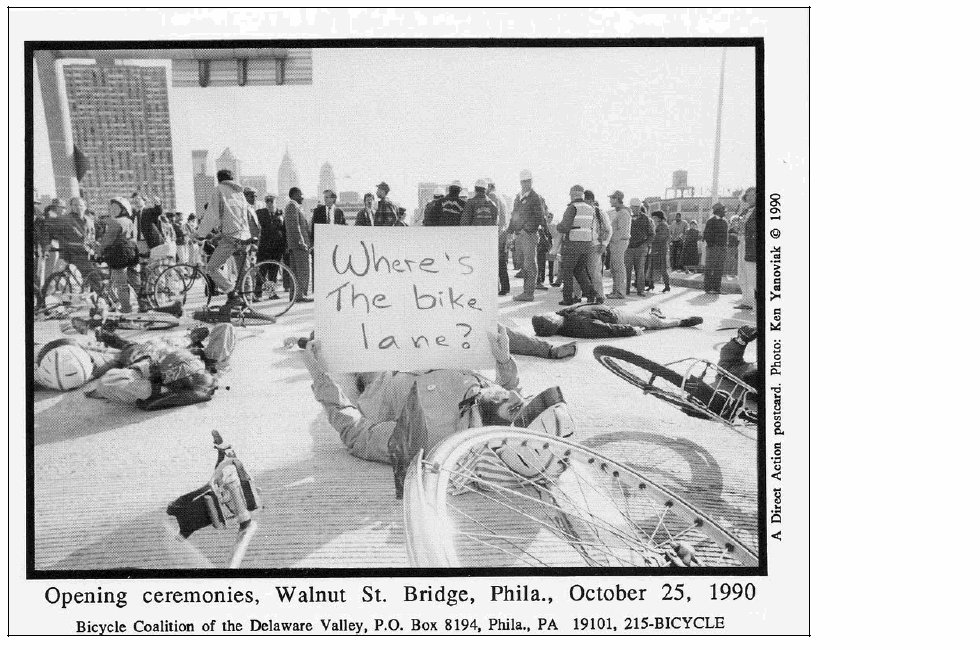
LEAGUE OF AMERICAN BICYCLISTS
Bridges are important. Whether over rivers, lakes, or built obstacles such as freeways, bridges are critical to bicyclists. Inaccessible bridges can force substantial detours or sever routes entirely, effectively discouraging or eliminating bike travel. As veteran Seattle bike and pedestrian planner Peter Lagerwey says: “If you can’t get across the bridges, nothing else matters.” In addition to their practical worth, bridges are also often high‐profile, large‐scale projects; the inclusion of bicycle facilities is an important symbolic recognition of the role of bicycling and walking in transportation networks.












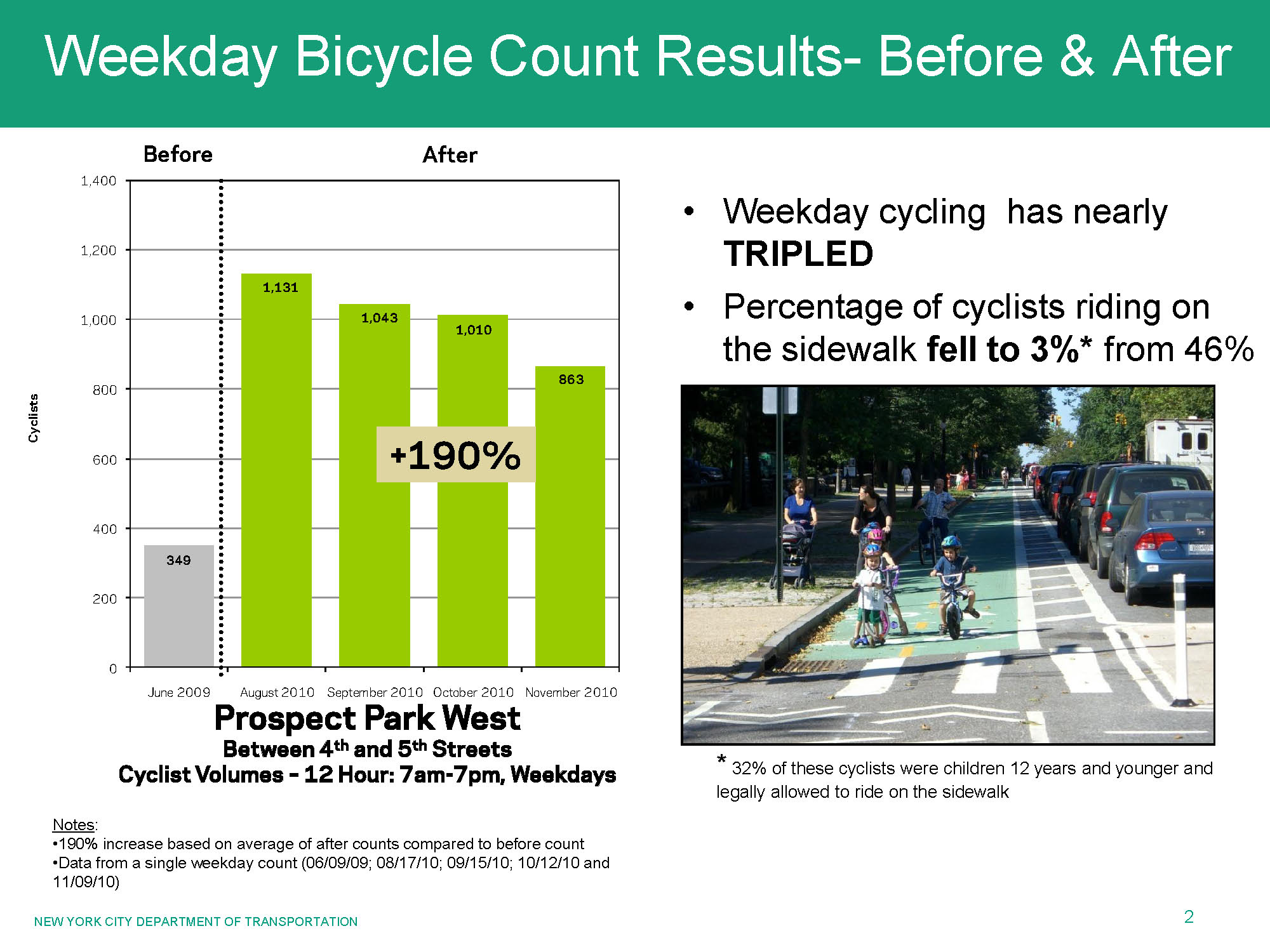
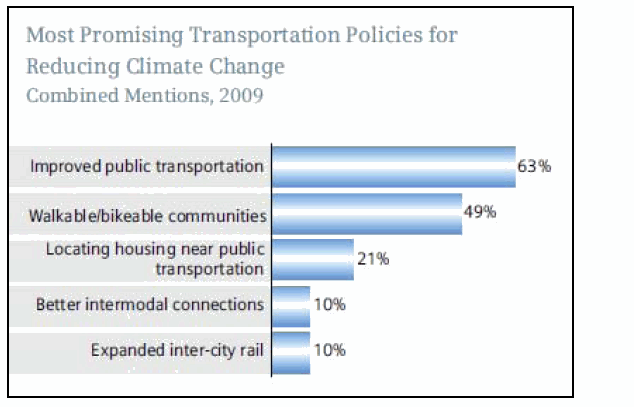
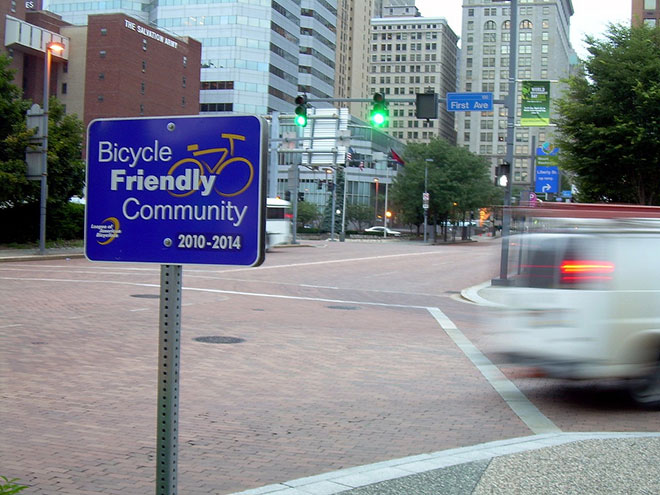
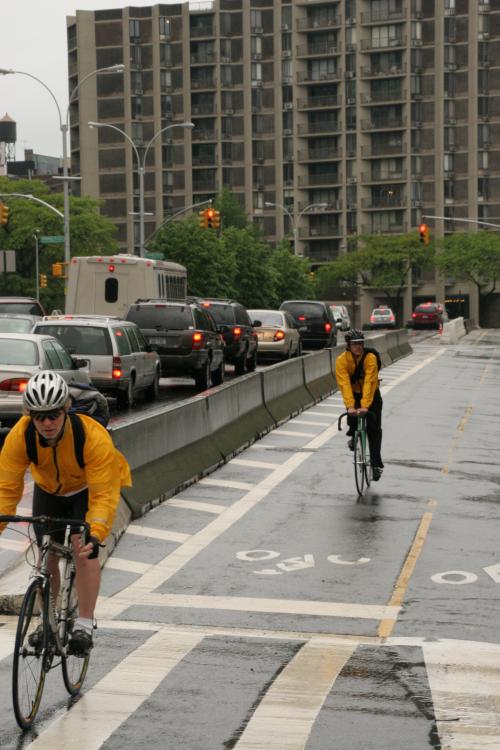
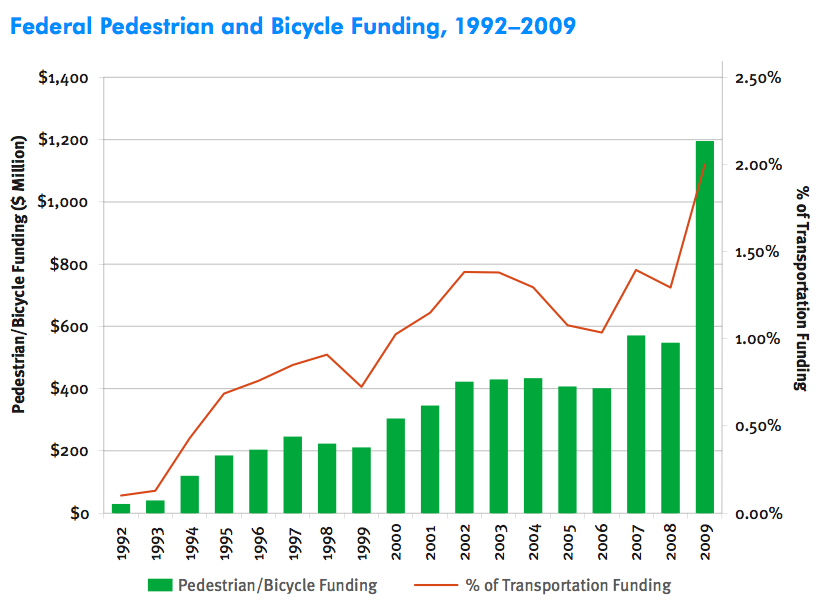
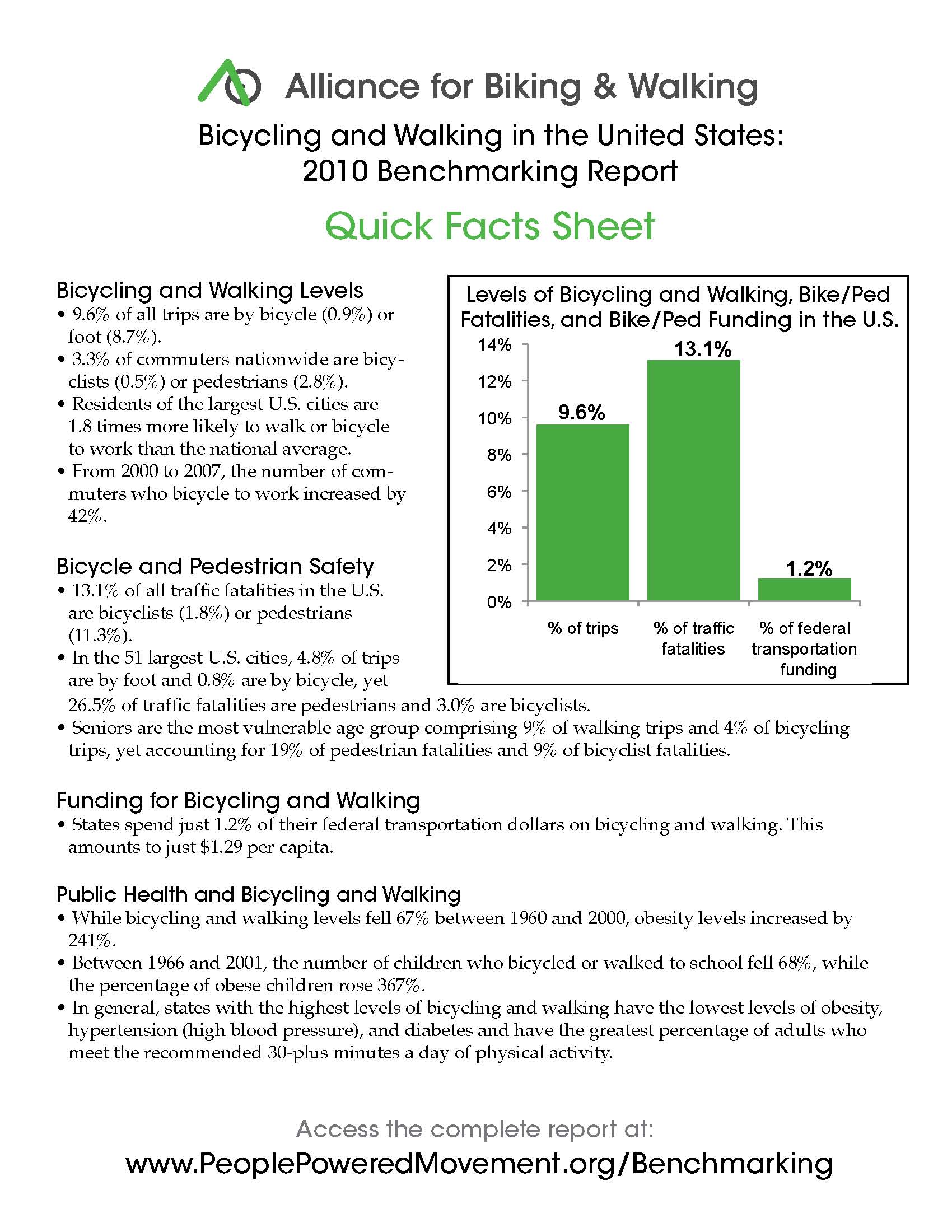
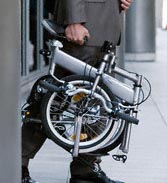

 RSS Feed
RSS Feed